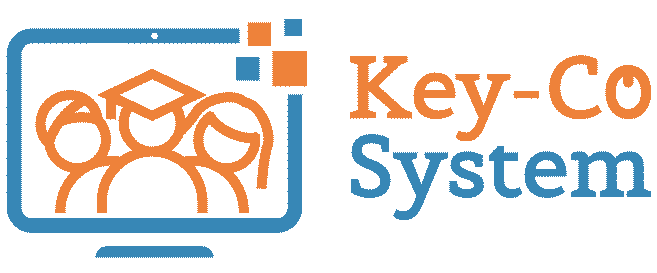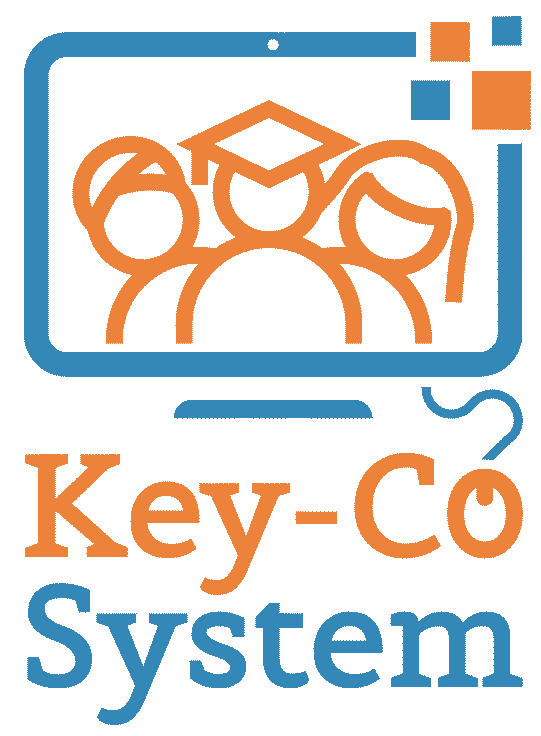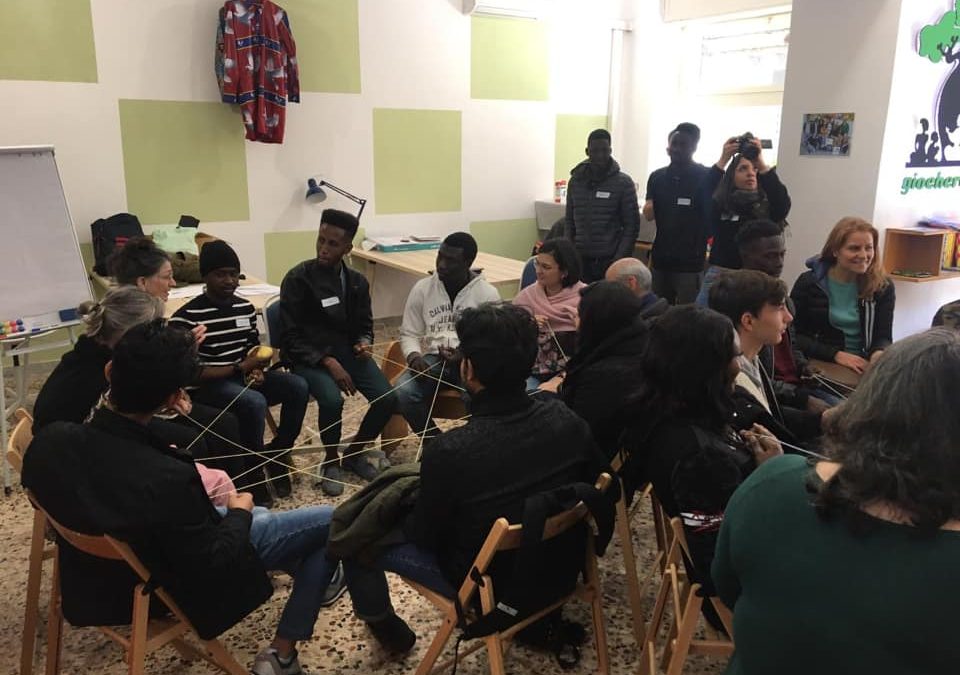Resilience and distance-learning: Key-Co System third training and new ways to build the post-pandemic phase

Key-Co System enters its third year of activity with the third transnational partner meeting in Cham, Germany
January 23, 2020
LifeComp: the European Framework for Personal, Social and Learning to learn Key Competence
July 29, 2020Last week, the third staff training of Key-Co System project should have taken place in Palermo. Staff of partner organizations would have gathered in Sicily from Spain, Germany and Greece to take part in a very inspiring experience led by the members of Giocherenda, an artistic collective of young migrants come to Italy from Africa, and with the participation of Massimiliano Schirinzi, teacher at the University of Palermo.
The pandemic caused by COVID-19 forced us to change all plans and to postpone this training, but we think that behind this occurrence there is a hidden chance.
As mentioned, the training proposed by Key-Co System was an activity designed by the young refugees composing Giocherenda. They invent, build and animate games that stimulate fantasy, narratives and solidarity categories and offer a workshop of creativity and storytelling as a form of education to interculturality, empathy and active and inclusive citizenship. These young migrants are not intended as witnesses of an atrocious reality or victims without hope and ability to act, but as promoters of solidarity, creators and actors of fantastic worlds, compelling stories, and myths that bind. The social psychologist P. Zimbardo, professor emeritus at Stanford University, met the members of Giocherenda in Palermo years ago and decided to sponsor their training as trainers of the Heroic Imagination Project (HIP), a path of education to resilience. They themselves are an example of resilience, and through their trainings they want to show how to remain human even in the most toxic situations, developing creativity, empathy and the courage to change, celebrating defeats and stumbling blocks.
The teachings that Giocherenda can give us are particularly fitting to these times: resilience and capacity for adaptation is a feature that everyone has learnt during the spread of the pandemic. Nowadays, the search for social and economic stability is a feeling shared by everyone, no matter where you come from. We strongly think that a way to make adult people overcome this critical period is facilitating access to education paths. On this purpose, empowering teachers and educators in their work with migrants and create new digital tools to enhance distance-learning are important starting points to make our society more and more equal and inclusive, especially in a moment where high levels of poverty and inequality are emerging.
Therefore, we look forward to rescheduling and carrying on our training in next months and take this important chance to exchange ideas and grow together with our colleagues from other European countries.


